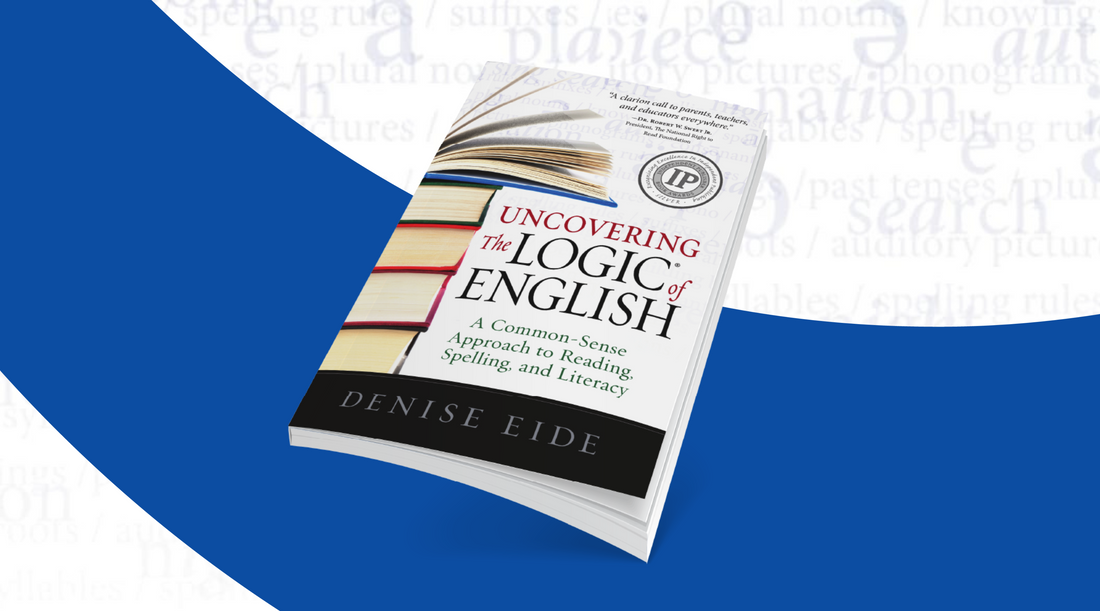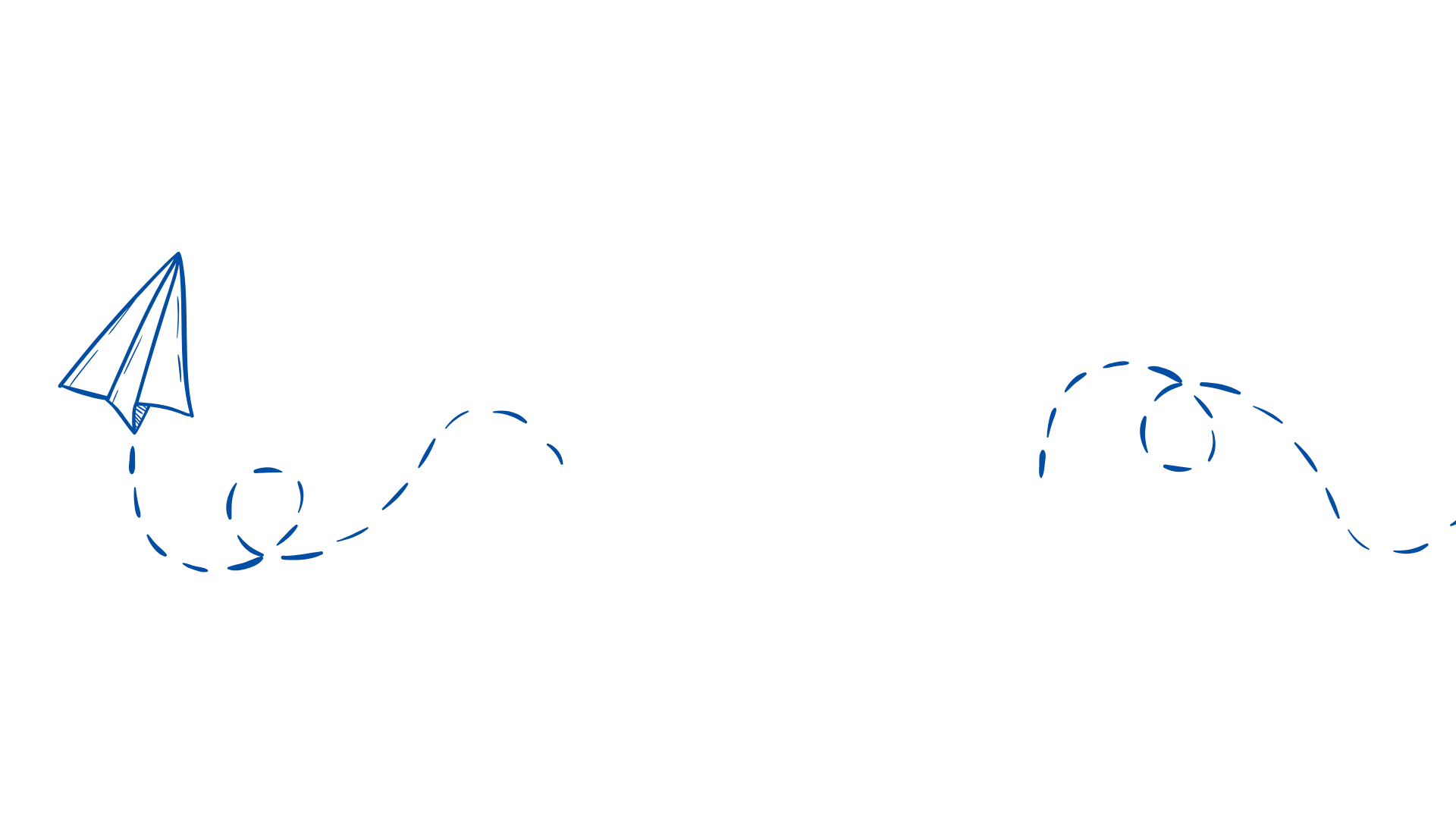From Uncertainty to Understanding: Uncovering the Logic of English

When I was first handed a copy of Uncovering the Logic of English by my principal when I started working at a new school, I had been a reading specialist for several years. To be honest, my initial reaction was to be a little insulted. I thought, "How could there be anything about the English language that I don’t already know?" But I was so wrong. By the halfway point of the book, I was in tears. I realized that despite my best efforts, I had missed fundamental aspects of teaching students to read in my career. This revelation hit hard, especially when I thought about my years teaching kindergarten.
I remember how my students and I would encounter questions about the English language. Why is the plural of ‘moose' not 'meese' if the plural of 'goose' is 'geese'? Why do we say Y is sometimes a vowel? One question that became a defining moment in my teaching career was from a student named Gabby. She asked me why ‘move’ and ‘love’ looked like they should rhyme but didn't. I didn't have the answer, so I just told her, "Because English is the worst." That became our go-to response, almost like a coping mechanism, a way to handle the complexities and inconsistencies of the language without feeling defeated. Deep down, I knew it wasn’t the right answer, but it was all I could give them.
But then I read Uncovering the Logic of English, and it was a game-changer for me. It provided answers, rules and explanations for the language that I had never known. I was so moved by my newfound knowledge about our language that I actually reached out to Gabby’s mom. I told her that I needed to share with Gabby that the letter O can make more than just the long and short sounds. Some words like "love" were actually spelled with a u in Old English. The sound short /ŭ/ is sometimes spelled with an 'o' because when books were copied by hand, words with too many vertical lines in a row, such as muther, wunder and luve, were difficult to read. I needed Gabby to know that I didn’t have these answers when I was her teacher all those years ago, and for that, I was truly and profoundly sorry.
Gabby was in high school by this point and had no recollection of this specific question from kindergarten that had nagged at my brain for the last ten years. Even so, explaining the reasoning gave me a sense of relief. It felt like a redemption of sorts, finally being able to provide the answers that had eluded us for so long.
Reflecting on those years in the classroom, I realized that my dismissal of the language’s complexity was an attempt to shield my students from feeling inadequate. I didn’t want them to think that their misunderstandings were due to their own shortcomings as emerging readers. Labeling the language as "the worst" was my way of protecting them from feeling self-doubt. But Uncovering the Logic of English made it clear to me that the issue wasn’t with the language itself; it was with how we taught it.
The book reshaped my approach to teaching reading. I no longer saw English as an impossible puzzle but as a language with a rationale that can be understood with the right tools. It’s reassuring to know that we don’t have to protect students by telling them that the language they are learning is flawed. Instead, we can equip them with the knowledge of how English works. By providing them with this understanding, we give them the confidence they need to master reading. And for that, this teacher’s heart will be forever grateful.

